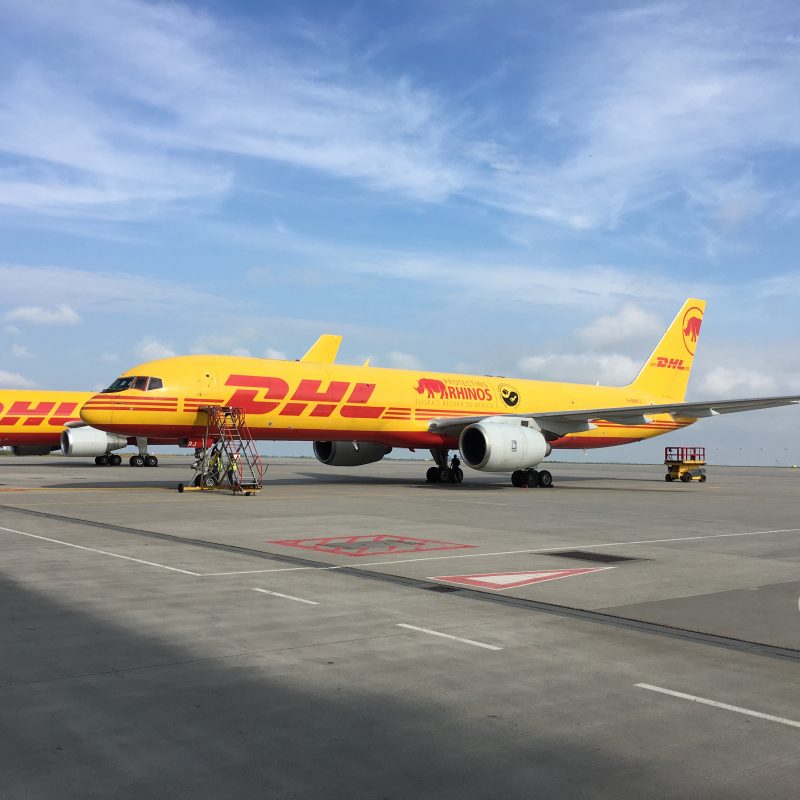DHL airfreight volumes decline, despite revenue increase
DHL Global Forwarding saw its airfreight volumes decline for the fifth quarter in a row in the first three months of the year, but profits at its air division increased as rates improved on a year ago.
The Deutsche Post-owned freight forwarder reported a 4.2% decline in airfreight volumes during the first quarter to 495,000 tonnes, while air revenues increased by 3.4% on a year earlier to €1.2bn and gross profits improved by 4.2% to €224m.
The company said that the volume decline was down to weaker market volumes on key trade lanes.
DHL is not the only forwarder to see its airfreight volumes decline this year as a result of a declining market. Kuehne+Nagel reported a 3.1% drop, while the overall airfreight market is estimated to have declined by around 1-2% during the period.
The overall forwarding division saw first-quarter revenues increase by 4.8% year on year to €3.8bn and ebit improved by 42.9% to €100m. Results were boosted by positive currency effects equating to an extra €31m.
Improved gross profit margins in airfreight and cost measures also contributed to the ebit improvement.
The overall Deutsche Post DHL business saw revenues and operating profits improve.
Frank Appel, chief executive of Deutsche Post DHL Group, said: “The first quarter played out as we expected. We achieved growth in all five divisions. This shows that we are very well positioned in attractive markets and that our fundamental growth drivers are intact.
“E-commerce continues to boom all over the world and although some momentum has been lost, global trade is still on the rise, just as we expected for 2019. We are therefore on track towards our target of generating more than €5bn in EBIT in the coming year.”
The company generated revenue of €15.4bn between January and March, an increase of 4.1% to the previous year. Operating profit (EBIT) was up 28.1% to €1.2bn.
“In particular, the earnings contributions from the DHL divisions were again encouraging – while the surge in earnings was driven by non-recurring income from completing the Supply Chain partnership with S.F. Holding in China initiated at the end of 2018. Previously announced restructuring costs at Supply Chain and in the new eCommerce Solutions division slowed EBIT growth,” the company said.











